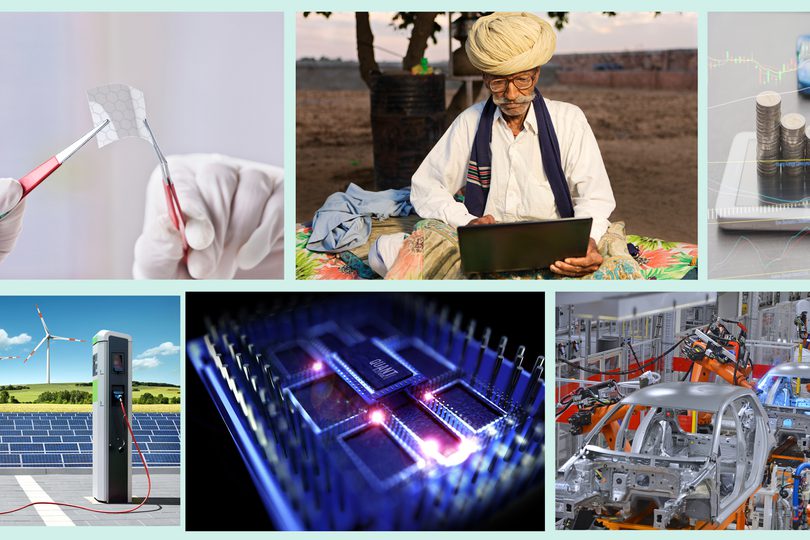
This is a joint event with INET@Oxford
Technological change involves many economic, social and individual human factors that are interwoven in a complex pattern; thus, technological change serves as an exemplar for a complex socio-technical system. Moreover, some individual factors central to technological change are challenging areas with more unknown than understood: among these areas are individual creative invention, scientific interplay with technology, new business formation, human/product interactions and others. In this lecture, technological change and socio-technical system expert, Chris Magee, Oxford Martin Visiting Fellow and Professor at the Institute for Data, Systems and Society at MIT will share a perspective that can help all of us better understand this phenomenon despite the complexity.
His focus on a major regularity displayed by all technological domains - a constant yearly percentage improvement in performance - and study of how these performance improvement percentage/rate varies over different technologies (but not over time) is one important foundation for this perspective. A second foundation is the wide interconnection among ideas and knowledge that drive improvements in domains that nonetheless have independent and different rates of improvement. Technological change, the process underlying the profound changes in society over the past 200 years - especially economic growth - is surprisingly decoupled from many societal and economic details.
About the speaker
Professor Christopher Magee (PhD, MS, MBA, BS) is an Oxford Martin Visiting Fellow at INET and Professor at the Institute for Data, Systems and Society at MIT. He has been with MIT for 18 years but earlier spent twice that time at Ford Motor Company first doing fundamental scientific research, and then doing and managing various other aspects of the spectrum of activities involved in technological change (applied research, product development, systems architecting, merged applied/fundamental research, computational engineering, manufacturing development, etc.). Most of his research at MIT has involved measuring, modeling and predicting technological change and its social impact.